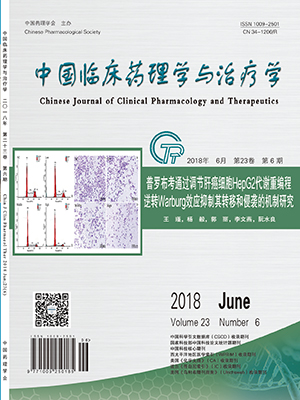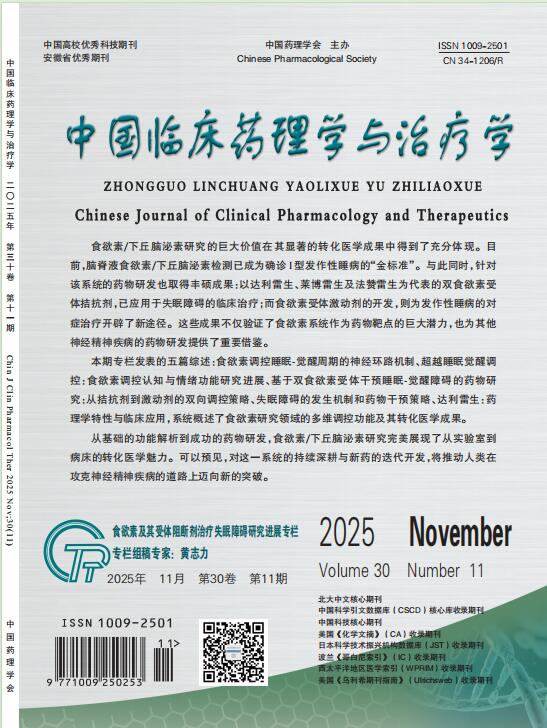AIM: To observe the effects and safety analysis of propofol target-controlled infusion combined with dexmedetomidine in radiofrequency ablation of primary liver cancer. METHODS: Sixty-eight patients with primary liver cancer who underwent radiofrequency ablation in our hospital from February 2016 to January 2018 were randomly divided into Dex group (34 cases) and control group (34 cases). The control group was given propofol target-controlled infusion combined with remifentanil anesthesia program; on the basis of the control group, the Dex group used dexmedetomidine (first load was 0.5 μg/kg, and followed by 0.2-0.4 μg·kg-1·h-1 pumped). The dosage of propofol and remifentanil in two groups were compared, the intraoperative analgesia effect, anesthesia satisfaction, hemodynamics and oxygen saturation during anesthesia and intraoperative respiration adverse reactions were compared between the two groups. RESULTS: There was no significant difference of surgery time between the control group and the Dex group ( t=1.010, P=0.316), while the dosage of propofol and remifentanil as well as the waking time in the Dex group was significantly lower than those of the control group ( t=15.174, 9.703, 32.866, P=0.000, 0.000, 0.000). The BPS scores at puncture and ablation in Dex group were significantly lower than those in control group ( t=10.678, 9.451, P=0.000, 0.000), while the anesthesia satisfaction was significantly higher than that in control group ( t=6.887, P=0.000, 0.000). Compared with T0, HR, MAP, and SpO2 at T1, T2 and T3 decreased significantly in both groups ( P<0.05), and HR, MAP and SpO2 in Dex group were significantly higher than those in control group (P<0.05). Compared with T0 and T4, the HR and MAP of T2 and T3 in control group were significantly increased (P<0.05), and the HR and MAP of T2 and T3 in control group were significantly higher than that of Dex (P<0.05). There was no significant difference in HR and MAP between Dex group at T0, T2, T3 and T4 (P>0.05). The incidence of adverse respiratory and circulatory reactions in the control group was 23.53%, which was significantly higher than that in the Dex group (5.88%). The difference was statistically significant (χ2=4.221, P=0.040). CONCLUSION: Target controlled infusion of propofol combined with dexmetomidine in radiofrequency ablation of primary liver cancer can significantly reduce the dosage of propofol and remifentanil, shorten the recovery time, and have less interference with circulatory and respiratory indexes. Also, it has a lower risk of adverse reactions.


